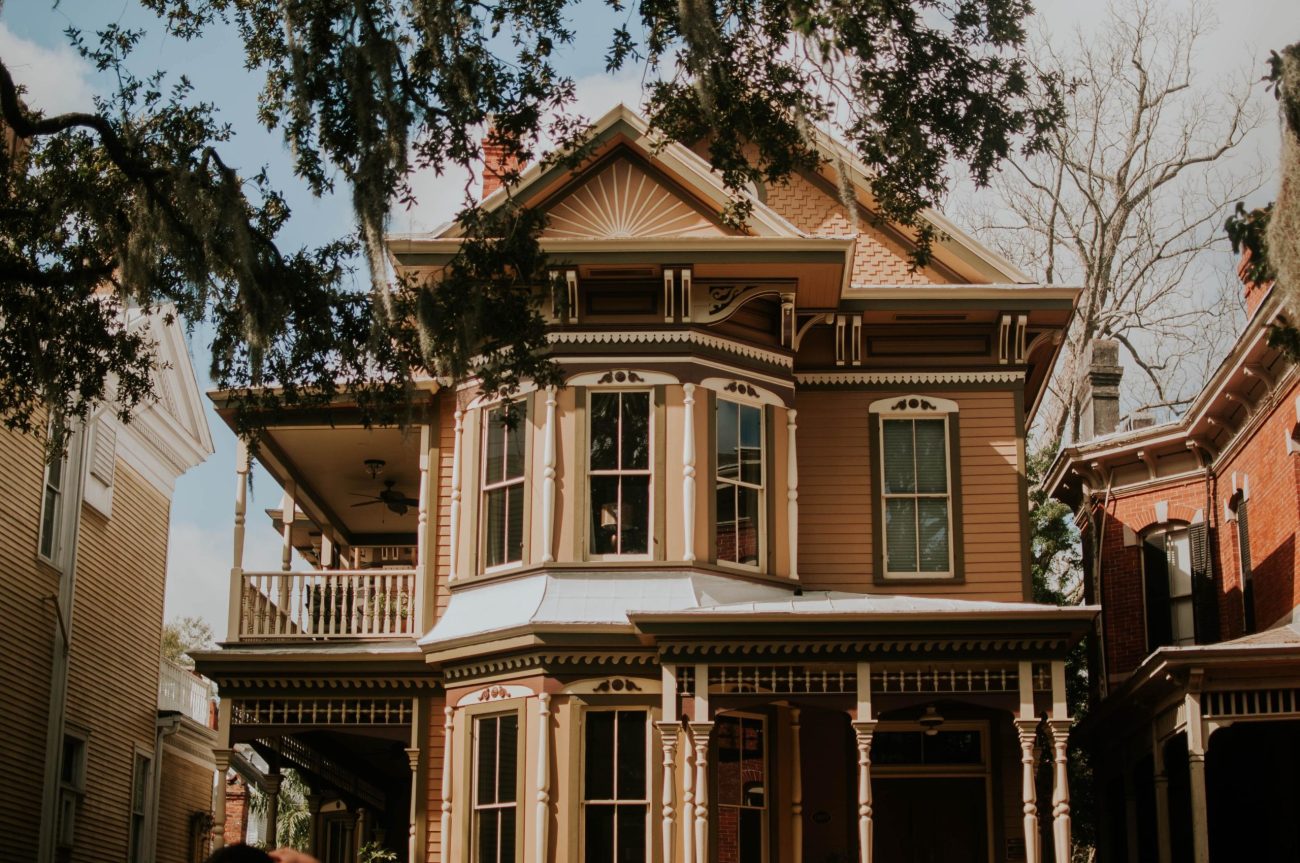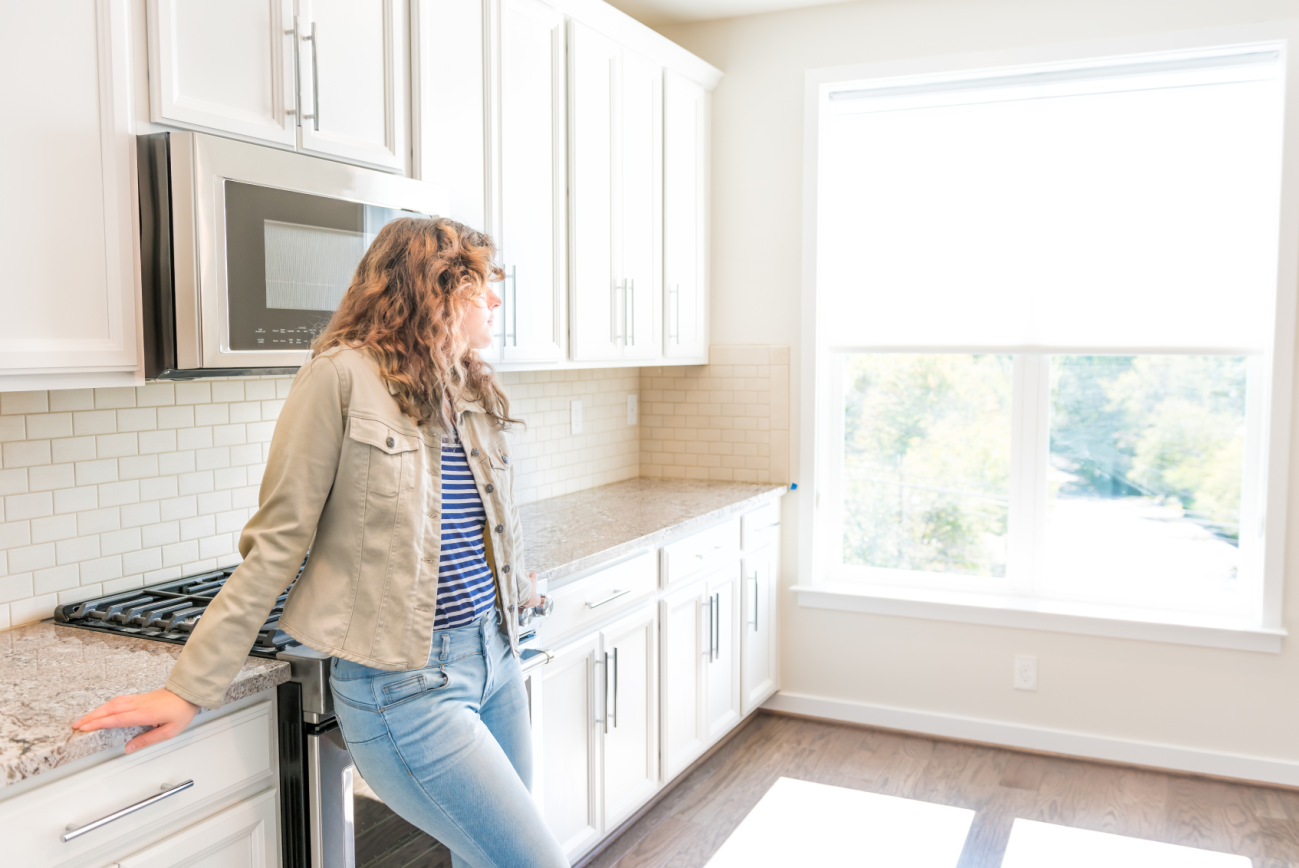A home with a rich history feels special. Historical properties typically have unique features, an interesting backstory, and an aesthetic that distinguishes them from other houses on the block. But buying a historic home can come with surprises or problems if you’re not fully briefed on what to expect.
What is a historic home in Canada?
Historic homes in Canada are designated by the municipal, federal, or provincial government to be historically or culturally significant. In the neighbouring United States, historic homes need to be 50 years or older to be recognized. In Canada, historic homes are more often called heritage homes, and may be designated based on their cultural distinction rather than their age. Historical and heritage homes are sometimes used interchangeably, and the definition of a heritage home differs based on the city or province that you live in. Heritage home is used most often in Canadian legal language. Owning a heritage home generally means that your house holds an important part of Canadian history or culture.
How can I tell if my home is historic?
If you’re buying a historic home, it’ll likely be obvious when you’re viewing the home and is often used as a selling point. Some historic or heritage homes have plaques or signs adhered to the building that outline why the home has significance. The Canadian Register holds a public directory that includes many of Canada’s heritage properties, so that’s a great place to start. Your real estate agent can help offer a history and context to the significance of the home you’re considering, and can help you access a comprehensive municipal registry where heritage homes are listed.
The typical Canadian heritage home meets one or more of these requirements:
- It is a landmark or holds historical value that’s connected to a notable event, person, or institution in Canadian history.
- The design of the home demonstrates rare or outstanding architecture – constructed using unique materials or by a renowned builder, artist, or architect. In this case, a heritage home could also be a home younger than 50 years that’s designated for what it represents in relation to Canadian design.
Is buying a historic home right for you?
There’s an obvious romance to owning a historic home. As you step into a place where you’ll be building your own stories, the significance of a legacy home and what it represents can be exciting. If you’re buying to rent out the space, there’s also an obvious appeal to tourists and visitors. Historic houses are usually full of character, with 19th or 20th century features that designate them from other properties. But there are lifestyle and financial considerations that influence whether buying a historic home is the right move for you.
Considerations of buying a historic home
There are special bylaws, rules, and permits for historic homes in Canada
When a heritage home is designated, a directory of the features that make your home distinct or historic is created. These special features are usually called “character defining elements,” and they’re part of what defines a heritage home. A Canadian heritage designation is put in place to protect these features from being changed, destroyed, or removed.
Perhaps one feature is the wall sconces on the exterior, since they’re part of what defined the famous architect’s style who built your home, or the colour of the brick defines the materials used in the era it was constructed. If a famous poet had an office off of the living room, that room might have character-defining elements that have to be preserved. Parts of the property like the lawn or trees might also be assigned for conservation as designated by a board or local government.
Historically designated properties have laws or regulations that limit how you can renovate, expand, decorate, or modify the property — and specifically in regards to these special features. In some cases, a committee or municipal entity will need to approve the changes you want to make. This can keep you from making some changes and can also drag out the timeline of your desired renos.
The age of a home and the regulations in place can make maintaining a heritage home more costly.
Limitations to expansion could keep you from making changes that could modernize your home and increase its value. You might need to keep certain materials or structural elements that limit your ability to renovate, in ways that could potentially add more value to the property. This can cause other costly situations: for example, if your electrical wiring is outdated and faulty but you’re not permitted to renovate in ways that make it easier to replace the lighting behind the walls.
Historic or heritage homes have inherent value
The mere designation of a heritage property makes it more desirable to buyers. A culturally significant home also has appeal with renters and tourists. It’s important to understand why this heritage or historical home means something to you, and why you’re willing to invest some extra time in it. Get to know the features that make this home distinct or historical, and consider whether you feel ready to protect and preserve those features, even if it means a bit of extra time or cost. Owning a historical home is a privilege and can be a beautiful way of building into the history of what came before.
Things may take more time
If you buy a piece of history or heritage, you might find that things take a bit more time. Renovations to older homes should be done by contractors who understand the materials and are skilled enough to respect the integrity of the home itself. Permits might take longer than those for non-heritage properties, since they might need to be reviewed by a board or local government to ensure the heritage of the property is protected.
If you’re buying a heritage home in Canada, you’ll need to inform the municipal clerk of a change in ownership within 30 days of possession.
Avoid problems when buying a historic home
- Plan for more surprise costs than you usually would if you’re investing in a historic property. Consider the cost of upkeep after closing. Heritage homes are typically more expensive to maintain, since they were constructed in a time that included different safety and maintenance standards and might include legally required maintenance for character defining elements. Make a list of potential renovation needs and consider inspections carefully, doing a full inventory of every aspect of the home’s systems, structure, and past renovations.
- Avoid emotional decision making. Buying a home is always personal, but historic or heritage homes have a special “once in a lifetime” narrative that surrounds them, making it tempting to get carried away in a bidding war or to forget your financial limitations. Work with a financial advisor so you’re clear on what you can afford before you start looking for historic homes.
- Evaluate the home to ensure it has good bones. Structural integrity is key, so use our helpful checklist and hire a skilled inspector to look for any sign of foundational issues, leaking, structural damage, or a faulty roof.
Find a great real estate lawyer
Historic homes come with their share of bylaws and protocols, so hire a lawyer who can clearly outline the limitations and rules that come with purchasing a piece of Canada’s history. They can help you understand bylaws for renovations or add-ons like building garages or extending the property. Ask about how much permits cost and how long they typically take in your municipality.
Find a historic home to buy with Houseful
Houseful provides personalized guidance for your real estate journey. Our dedicated team of experts offer support from initial planning to moving day. Work with top-rated, local real estate agents and gain access to financial insights and advice from RBC Home Advisors – whether you’re a first-time homebuyer, buying a piece of history, or building onto your own story in a new place.




